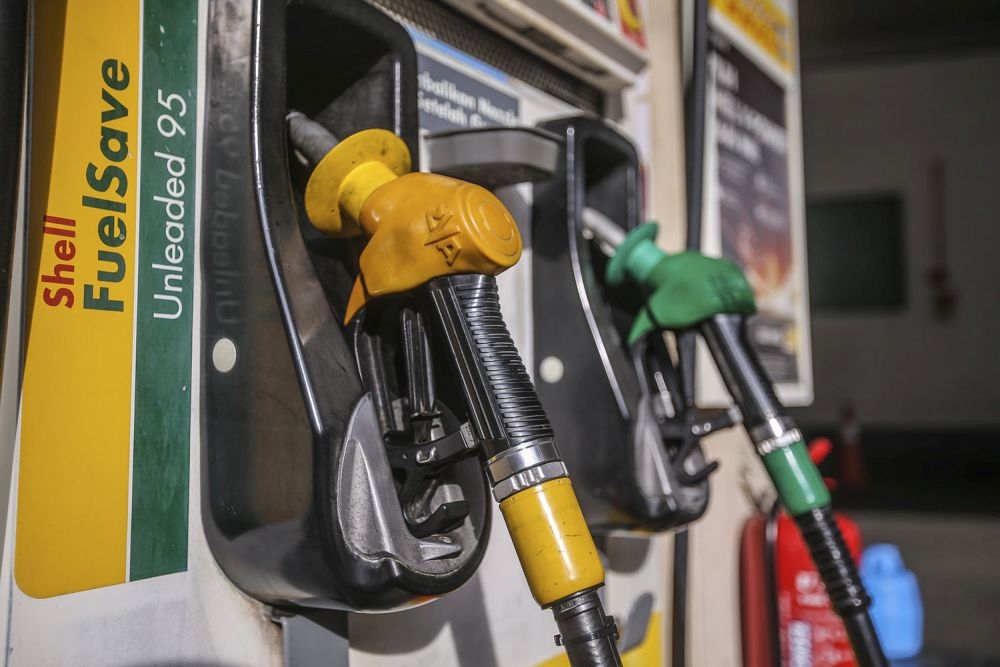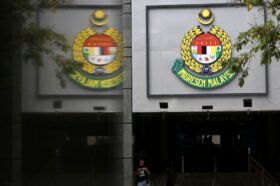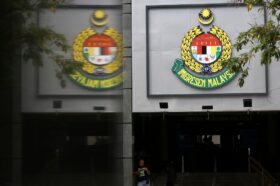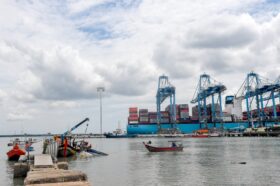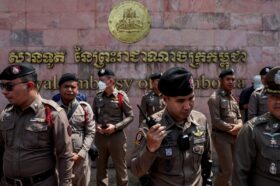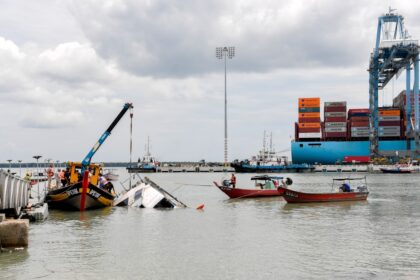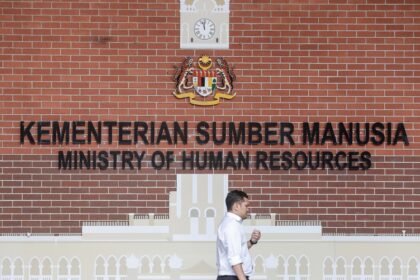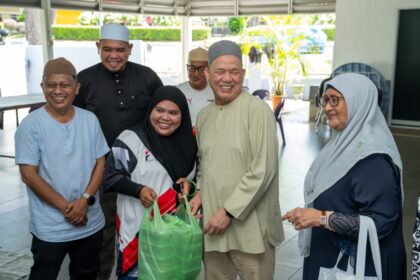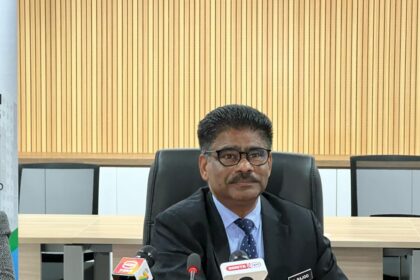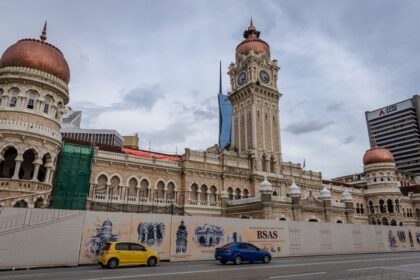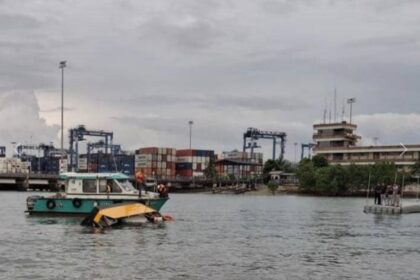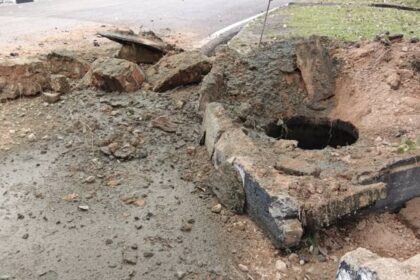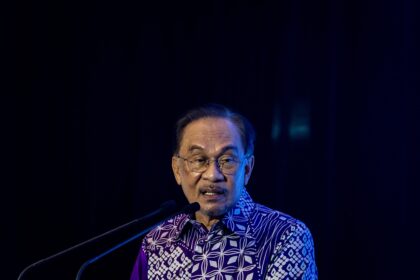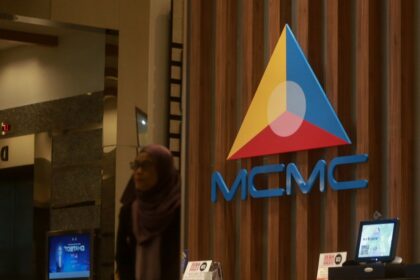KUALA LUMPUR, May 22 — Universal fuel subsidies have long helped Malaysians cope with the rising cost of living, but economists now warn that blanket subsidies may be doing more harm than good.
While they reduce costs for consumers, such subsidies often lead to overconsumption, smuggling, and a disproportionate benefit to higher-income groups.
“There is a tipping point, and we are already beyond that point,” economist Geoffrey Williams, who supports a move towards targeted subsidies, said in a Free Malaysia Today report.
He said this occurs when inequality grows and the cost of subsidies outweighs their intended social impact.
Economist Madeline Berma said subsidies are not inherently flawed but often miss their intended targets, with wealthier Malaysians enjoying most of the benefits.
“They’re poorly targeted; the wealthier groups, not the vulnerable ones, are absorbing a big chunk of the benefits,” she said.
She praised efforts such as the Budi Madani programme, which the finance ministry said saved more than RM7 billion by reducing leakages and diesel smuggling.
Universiti Malaya economist Goh Lim Thye highlighted that nearly 40 per cent of the RON95 subsidy, valued at RM8 billion, benefits the richest 15 per cent of the population and foreign nationals.
“Money lost to leakages and inefficiency could have gone into healthcare, digital infrastructure, or climate resilience — it’s not just inefficient, it’s unfair,” Goh said.
Williams warned that prolonged subsidy protection can harm Malaysia’s long-term economic competitiveness, while Madeline cautioned that failure to act now could hurt investor confidence and the country’s fiscal credibility.
Source:  Malaysia’s fuel subsidies waste billions and worsen inequality, economists warn
Malaysia’s fuel subsidies waste billions and worsen inequality, economists warn
